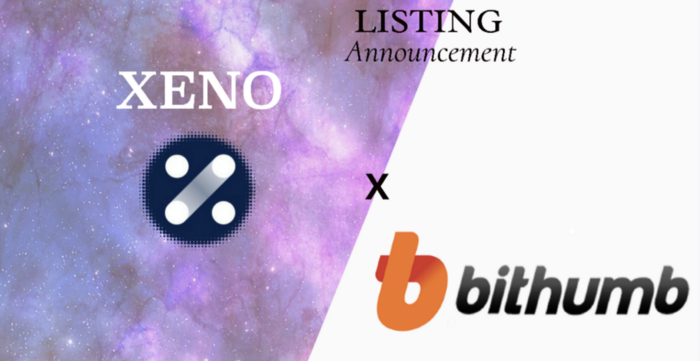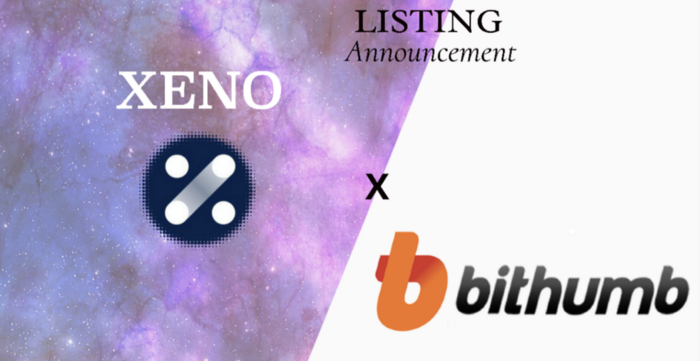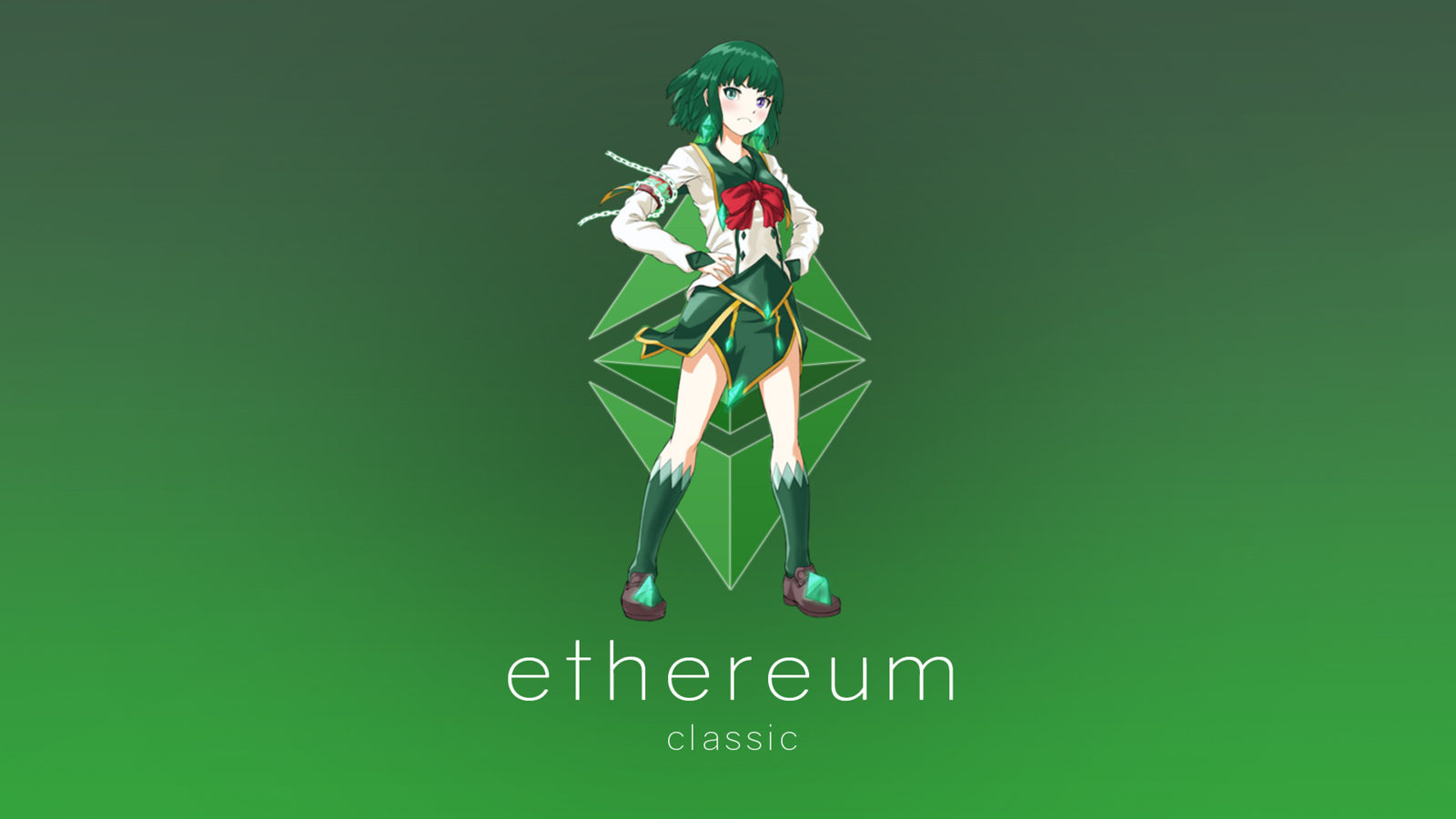Blogs
Future of Decentralized Cryptocurrency Exchanges

With the introduction of cryptocurrency exchanges and blockchain technology 10 years ago, we also got introduced to a concept of functioning decentralization. Naturally, such an idea has been around for a while, but we never managed to get so close to it as we did once the blockchain technology emerged.
As a result, it allowed us to eliminate the middleman, and cryptos did the same when it comes to making direct payments and transactions. However, when it comes to crypto trading, exchanges became a necessity, and they are the only aspect that is still highly centralized. As a result, decentralized exchanges emerged as a way of correcting this and resolving the issue.
Centralized exchanges are not acceptable for the future of crypto trading for several reasons. Hacking, fee manipulation, token listing charges, and similar things are too bank-like for most crypto users to feel comfortable.
At first, centralized exchanges were tolerated. They were still considered a new concept, and many believed that some level of centralization might serve as a good anchor for the crypto world. An increase in hacking attacks that followed quickly proved that this was not the best idea and that the time has come for exchanges to become decentralized as well. This is how DEXes came to be.
How are Decentralized exchanges better?
According to experts, decentralized exchanges are much more practical when it comes to trading larger volumes. They are much more secure, and so far, hackers have never been a problem for any DEX. Considering that there are no centralized servers that can be hacked, all the information is safe.
Next, a lot of centralized exchanges are criticized for charging large fees, especially when it comes to the token listing. This is simply not a problem for DEXes since they have no centralized authority that would have to pay for servers and alike. That way, assets can be listed without spending large amounts of money on the process itself, and projects that are being listed have a much better chance at growing and developing further.
Finally, there is the matter of increased fungibility. Simply put, fungibility is described as the ability to trace cryptos. Some cryptos, such as Bitcoin, can easily be traced and see who was a previous owner of the coins you now possess. This is especially important due to the fact that BTC was used for notorious and downright illegal activities. Legitimate, law-abiding users do not wish to be connected to such activities, which is why to always know where your coin came from, and what kind of history does it have.
Disadvantages of DEXes
One of the biggest disadvantages of DEXes is that they are not exactly as user-friendly as the best cryptocurrency exchanges. Cryptos are still new and largely unknown, despite all the attention that they received in the last two years. In centralized exchanges, even new users can easily find their way around and enter trading, while DEXes are simply too complex for most beginners. It is easy to get confused and lost with all the activity, which can discourage people from entering the crypto space in general.
Another big issue is their transaction speed. Speeds are not great on DEXes, which can be frustrating and costly since all validation needs to be done on the blockchain. Centralized exchanges have a central authority that takes care of this, which is why transactions can occur quickly and without issue there.
The third big problem is that some DEXes can be a bit expensive. Some of them use gas, which means that block confirmations can be costly. Considering that reducing the costs is one of the biggest reasons why people decide to enter the crypto world in the first place, this might be a deal breaker for a lot of newcomers.
Finally, there are several DEXes which have been working on improving speed and reducing costs by using smart contracts for transaction validating. However, to make this work, they had to introduce some centralized features. This is confusing to a lot of investors, as they for true decentralization, but they also want a cheap, fast, and good service.
Considering that DEXes are still new, issues that are currently troubling them will certainly be resolved in the future. However, for now, they are still present, which is why decentralized exchanges have as many issues as they have benefits and advantages. Still, as this technology grows and develops, DEXes will likely become dominant, while centralized exchanges will have a hard time keeping up. The same will be true when it comes to banks, and experts believe that more and more users will seek true decentralization in every aspect of the financial industry.
For real-time trade alerts and a daily breakdown of the crypto markets, sign up for Elite membership!
Disclaimer: This article should not be taken as, and is not intended to provide, investment advice. Global Coin Report and/or its affiliates, employees, writers, and subcontractors are cryptocurrency investors and from time to time may or may not have holdings in some of the coins or tokens they cover. Please conduct your own thorough research before investing in any cryptocurrency and read our full disclaimer.
Image courtesy of Pexels
Altcoins
XNO Token of Xeno NFT Hub listed on Bithumb Korea Exchange


Hong Kong, Hong Kong, 25th January, 2021, // ChainWire //
Xeno Holdings Limited (xno.live ), a blockchain solutions company based in Hong Kong, has announced the listing of its ecosystem utility token XNO on the ‘Bithumb Korea’ cryptocurrency exchange on January 21st 2021.
Xeno NFT Hub (market.xno.live ), developed by Xeno Holdings, enables easy minting of digital items into NFTs while also providing a marketplace where anyone can securely trade NFTs.
The Xeno NFT Hub project team includes former members of the technology project Yosemite X based in San Francisco and professionals such as Gabby Dizon who is a games industry expert and NFT space influencer based in Southeast Asia.
NFT(Non-Fungible Token) technology has recently gained huge focus in the blockchain arena and beyond, making waves in the online gaming sector, the art world, and the digital copyrights industry in recent years. The strongest feature of NFTs is that “NFTs are unique digital assets that cannot be replaced or forged”. Unlike fungible tokens such as Bitcoin or Ether, NFTs are not interchangeable for other tokens of the same type but instead each NFT has a unique value and specific information that cannot be replaced. This fact makes NFTs the perfect solution to record and prove ownership of digital and real-world items like works of art, game items, limited-edition collectibles, and more. One of the ways to have a successful…
Altcoins
Should Crypto Projects Devote Resources to Community Growth and Marketing?

2020 has been an incredible year for crypto as investors have generated windfall profits and crypto projects have seen their businesses gain the spotlight they’ve been looking for. While Bitcoin has received most of the attention after major institutional investors announced they were accumulating the increasingly scarce asset, many altcoins have also seen their fair share of glory. When looking at all the big winners of the past year, the first project that probably comes to mind is Chainlink, having appreciated by more than 550% YTD and now valued at over $4.5 billion. But, the actual biggest winner of the year is HEX with a YTD return of over 5,000%.
I mention both of the above projects as they have each taken slightly different paths to achieve greatness. Chainlink has devoted resources toward building a fundamentally sound business with many strategic partnerships while HEX has spent vast sums of money on marketing and promotion. Both approaches are valid, but one thing is certain, it is absolutely imperative for crypto projects to let the crypto community know what makes them special. Of course, one of the reasons that makes crypto so valuable is the powerful blockchain technology that most projects are utilizing.
Cryptocurrency vs. Blockchain Technology
It’s important to make a distinction between blockchain technology and cryptocurrency. Although they are often used interchangeably, they are different. Blockchain technology and crypto were both created after the 2008 financial crisis, but cryptocurrency…
Altcoins
XENO starts VIP NFT trading service and collaborates with contemporary artist Hiro Yamagata


Hong Kong, Hong Kong, 24th December, 2020, // ChainWire //
The XENO NFT Hub (https://xno.live) will provide a crypto-powered digital items and collectables trading platform allowing users to create, buy, and sell NFTs. Additionally it will support auction based listings, governance and voting mechanisms, trade history tracking, user rating and other advanced features.
As a first step towards its fully comprehensive service, XENO NFT Hub launched a recent VIP service to select users and early adopters in December 2020 with plans for a full Public Beta to open in June 2021.
“NFTs are extremely flexible in their usage, from digital event tickets to artwork, and while NFTs have a very wide spectrum of uses and categories XENO will initially focus its partnership efforts and its own item curation on three primary areas: gaming, sports & entertainment, and collectibles.”, said XENO NFT Hub president Anthony Di Franco.
He also added “This does not mean we will prohibit other types of NFTs from our ecosystem However, it simply means that XENO’s efforts as a company will be targeted into these verticals initially as a cohesive business approach.”
Development and Procurement Lead, Gabby Dizon explained, “Despite our initial focus, we found ourselves with a unique opportunity to host some of the works of Mr. Hiro Yamagata. We are collaborating with Japanese artist Hiro Yamagata to enshrine some of his artwork into NFTs.”
Mr. Yamagata has…
-

 Blogs6 years ago
Blogs6 years agoBitcoin Cash (BCH) and Ripple (XRP) Headed to Expansion with Revolut
-

 Blogs6 years ago
Blogs6 years agoAnother Bank Joins Ripple! The first ever bank in Oman to be a part of RippleNet
-

 Blogs6 years ago
Blogs6 years agoStandard Chartered Plans on Extending the Use of Ripple (XRP) Network
-

 Blogs6 years ago
Blogs6 years agoElectroneum (ETN) New Mining App Set For Mass Adoption
-

 Don't Miss6 years ago
Don't Miss6 years agoRipple’s five new partnerships are mouthwatering
-

 Blogs6 years ago
Blogs6 years agoCryptocurrency is paving new avenues for content creators to explore
-

 Blogs6 years ago
Blogs6 years agoEthereum Classic (ETC) Is Aiming To Align With Ethereum (ETH)
-

 Blogs6 years ago
Blogs6 years agoLitecoin (LTC) Becomes Compatible with Blocknet while Getting Listed on Gemini Exchange















